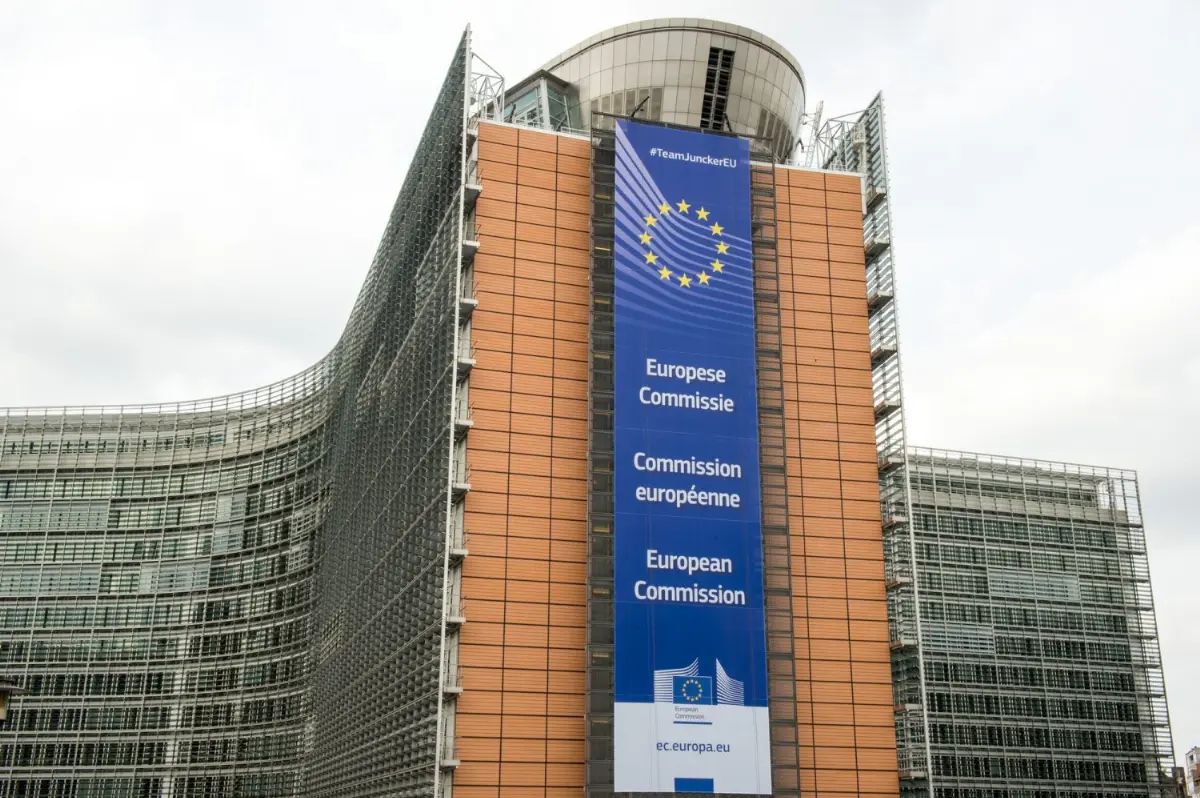
Italy. EC: support renewable electricity production
Approved an aid scheme for EUR 9.7 bn

To foster the transition to a net-zero economy
The European Commission (EC) has approved an estimated €9.7 billion Italian scheme to support electricity production from renewable energy sources to foster the transition towards a net-zero economy. The scheme was approved under the State aid Temporary Crisis and Transition Framework (‘TCTF') adopted by the Commission on 9 March 2023 and amended on 20 November 2023 and on 2 May 2024.
The Italian measure
Italy notified to the Commission, under the TCTF, an estimated €9.7 billion scheme to support electricity production from renewable energy sources to foster the transition towards a net-zero economy.
The measure will support the construction of new onshore wind, solar photovoltaic, hydropower, and sewage gases electricity production installations. The plants are expected to add a total of 17.65 GW of renewable electricity capacity. Installations must enter into operation within 36 months after the date of granting of the aid.
The aid will be granted on the basis of a transparent and non-discriminatory bidding process, where beneficiary will bid on the incentive tariff needed to carry out each individual project. The aid will take the form of variable payment under two-way contract for difference (‘CfD') for each kWh of electricity produced and fed into the grid. The incentive tariff will be paid over a period of 20 years.
In cases where plants have to cut production according to dispatching orders or in the event of zero or negative electricity prices on the day-ahead market, the incentive tariff will be granted for the potential electricity production rather than for the actual electricity production. Only 95% of the electricity produced by each beneficiary will be supported under the two-way CfD, leaving the remaining 5% exposed to market risk.
Plants with capacity lower than 1 MW can access the scheme directly. In this case, the strike price is administratively set by the Italian regulator (Autorità di regolazione per energia reti e ambiente, “ARERA”). The aid amount will be calculated by comparing a strike price to the market price for electricity. When the strike price exceeds the reference market price, the difference (price premium) is paid by the Italian State to the beneficiary on top of the market price. Conversely, when the reference market price exceeds the strike price, the beneficiary will have to pay the difference to the Italian authorities.
The indicated €9.7 billion budget of the scheme is based on market price estimates, and actual net support may be considerably lower in case of higher-than-expected market prices.
The Commission found that the Italian scheme is in line with the conditions set out in the TCTF. In particular, the aid (i) will be granted on the basis of a scheme with an estimated volume and budget; (ii) amount will be determined through an open, clear, transparent, and non-discriminatory bidding process; and (iii) will be granted before 31 December 2025.
The Commission concluded that the Italian scheme is necessary, appropriate and proportionate to accelerate the green transition and facilitate the development of certain economic activities, which are of importance for the implementation of the Green Deal Industrial Plan, in line with Article 107(3)(c) Treaty on the Functioning of the EU and the conditions set out in the TCTF.
On this basis, the Commission approved the aid measure under EU State aid rules.
Background
On 9 March 2023, the Commission adopted the TCTF to foster support measures in sectors which are key for the transition to a net-zero economy, in line with the Green Deal Industrial Plan.
The TCTF provides for the following types of aid, which can be granted by Member States until 31 December 2025 in order to accelerate the green transition:
Measures accelerating the rollout of renewable energy (section 2.5). Member States can set up schemes for investments in all renewable energy sources, with simplified tender procedures.
Measures facilitating the decarbonisation of industrial processes (section 2.6). Member States can support investments in the decarbonisation of industrial activities with a view to reduce dependency on imported fossil fuels, in particular through electrification, energy efficiency and the switch to the use of renewable and electricity-based hydrogen which complies with certain conditions, with expanded possibilities to support the decarbonisation of industrial processes switching to hydrogen-derived fuels.
Measures to further accelerate investments in key sectors for the transition towards a net-zero economy (section 2.8). Member States can grant investment support for the manufacturing of strategic equipment (namely batteries, solar panels, wind turbines, heat-pumps, electrolysers and carbon capture usage and storage), as well as for production of key components and for production and recycling of related critical raw materials. Support is capped at a certain percentage of the investment costs up to specific amounts, depending on the location of the investment and the size of the beneficiary. Higher support is possible for small and medium-sized companies, as well as companies located in disadvantaged regions to ensure that cohesion objectives are duly taken into account. Furthermore, in exceptional cases, Member States may provide higher support to individual companies, where there is a real risk of investments being diverted away from Europe, subject to a number of safeguards.
AVIONEWS - World Aeronautical Press Agency